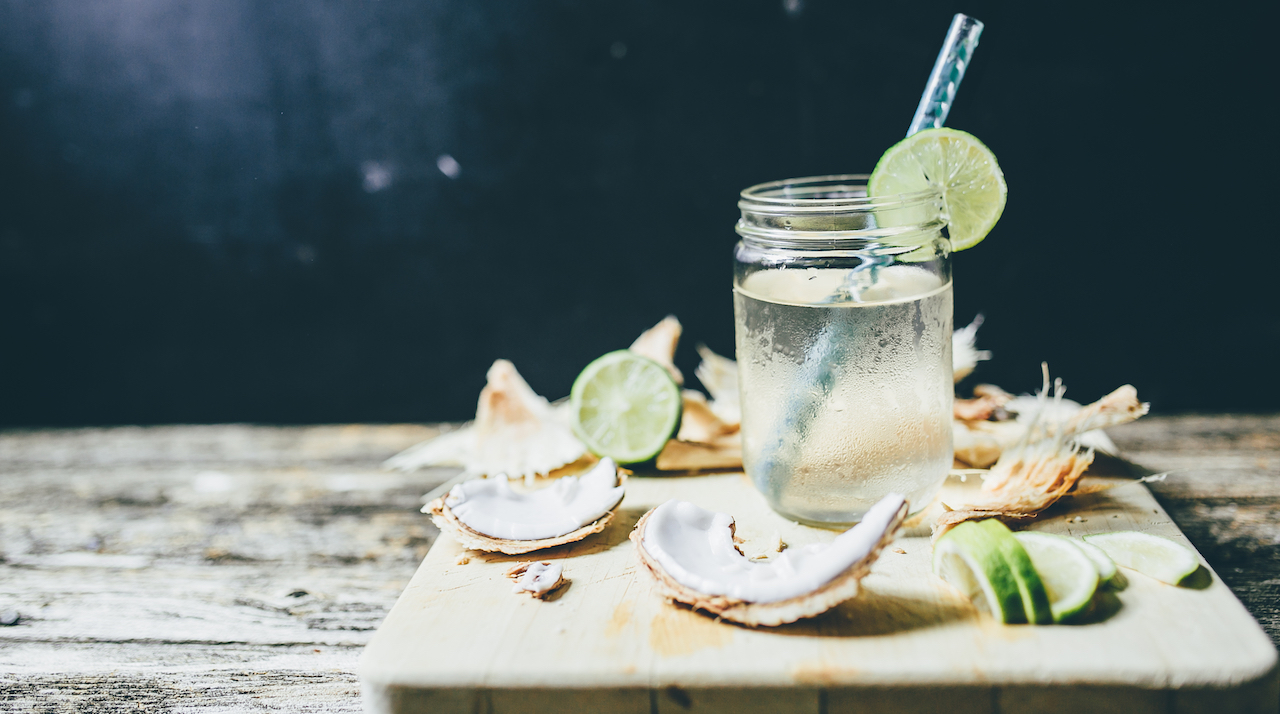If water’s not your thing, turn to functional drinks; the alternative healthy beverages. Sugar-free drinks with a twist is a fantastic new trend for staying hydrated, especially as we’re more aware than ever of what we put into our bodies.
Naturally functional
Functional drinks are non-alcoholic beverages that have health benefits beyond their nutritional value. They come in various forms of sports and performance drinks, energy drinks, enhanced fruit drinks, milk drinks, vitamin drinks and ice teas. Some may have non-nutrient sugars, synthetic minerals and vitamins though, so be aware that these ones are no different from a regular soft drink.
Your ideal functional drink should be low in sugar and naturally fermented with no chemicals. This way you get high quality doses of nutrients.
Don’t confuse drinking fruit juice as a sufficient intake of fibre; to get a good dose of it, you will have to eat the actual fruit. Water, on the other hand, is an ideal choice as it’s naturally calorie-free and perfect for hydration.
Still, there are other tastier options out there.
Pick your liquid
Coconut water
This water is believed to be able to treat various health ailments. It’s a clear liquid found inside the shell of a young green coconut. As the fruit ages, the water hardens into white meat and is ready to be pressed for milk or oil. High in potassium, this water makes a great alternative to quench your thirst after a workout. It can replace the lost electrolytes in the body; and is lower in carbohydrates compared to other sports drinks. Its health benefits include boosting weight loss and energy, lowering cholesterol, soothing muscle tension and reducing cellulite.
Kombucha tea
This is a fermented drink made with black tea, sugar, bacteria and yeast. This ancient drink originated in China. The friendly bacteria line your digestive tract and support your immune system, as they absorb nutrients and fight infection and illness. High in antioxidants, gut-friendly and naturally carbonated, it’s a better alternative to soft drinks. It also has a lower calorie count.
Kefir
This is a fermented drink traditionally made from cow’s and goat’s milk. Cultures of yeast and lactic acid bacteria (grains) that resemble a cauliflower are added to the milk. In just 24 hours, the microorganisms in the kefir grains multiply and ferment the sugars in the milk, turning it into kefir. The grains are removed from the liquid, and can be used over again. It has a taste that’s a cross between cottage cheese and plain yoghurt; similar to our fermented milk, Amasi. Kefir is rich in calcium, protein and B-vitamins. It’s a powerful probiotic and can help with digestive problems.
References
- https://www.utonic.com/from-the-lab/what-are-functional-drinks/
- http://www.bevsa.co.za/our-products/
- https://www.mydrinkbeverages.com/products/functional-drinks
- http://www.nutritionalsolutions.co.za/wp-content/uploads/2014/07/Longevity-Tried-and-tested_2016-2.pdf
- https://www.naturalnews.com/035634_functional_beverages_health_performance.html
- https://www.mnn.com/food/healthy-eating/stories/coconut-milk-or-coconut-water-whats-the-difference
- http://www.health.com/nutrition/info-about-kombucha
- https://www.healthline.com/nutrition/9-health-benefits-of-kefir#section1

